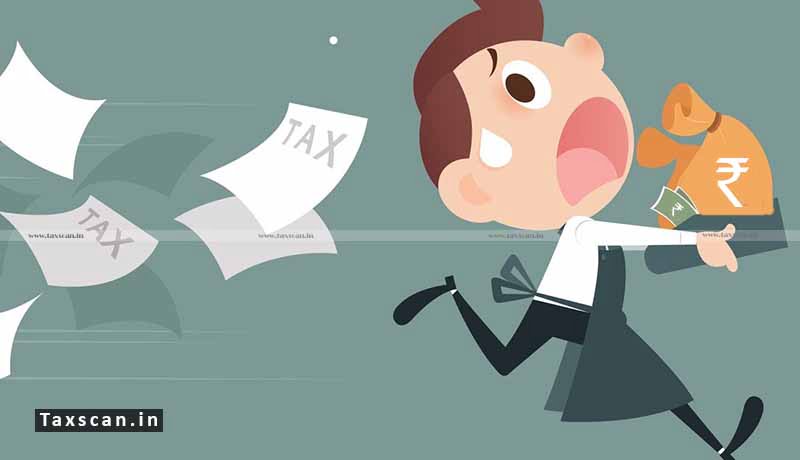GST dept plans to Audit Accounts of Businesses based on their Tax Evasion History

The Goods and Services Tax (GST) department is likely to audit the accounts of the GST dealers on the basis of their risk parameters including their history of tax evasion irregular filing of returns and employing "questionable accountants".
Unveiling the audit plan, the Directorate General of Audit (Indirect Taxes) said the analytics arm of CBIC would generate a list of GST payers with risk scores and share it with audit commissionerates for scrutiny.
According to reports, audit would be conducted on the basis of annual returns filed for 2017-18 fiscal and the taxpayers identified as "risky" would be divided into 3 categories such as small (with a turnover of up to Rs 10 crore), medium (Rs 10-40 crore) and large (above Rs 40 crore).
Goods and Services Tax (GST) was implemented on July 1, 2017. The last date for filing annual returns for 2017-18 is August 31, 2019.
This audit plan would apply to entities who fall in the jurisdiction of Central GST (CGST) officers.
To ensure non-intrusive scrutiny of tax returns, the DG Audit has asked the Chief Commissioners of GST and central excise to opt for "desk-based (office) audit" in case of small category of taxpayers, as against the current system of "premises-based audit".
It said that "premises-based audit" should be carried out with the approval of Commissioner in cases where small taxpayers refuse to cooperate or there are inherent weaknesses in the internal control system of the taxpayer.
It further said "premises-based audit" should be conducted in case of large and medium category of taxpayers.
For this purpose, the department would also consider the taxpayers who have not been audited in the pre-GST era for 4-5 years and also those whose turnover has substantially increased after GST roll out.
In case non-compliance of law is noticed with respect to erstwhile central excise or service tax during the course of GST audit, the audit commissioner may take suitable action.
"The audit commissionerates should also be advised that the audits should be conducted in such a manner so as to cause the least inconvenience to the taxpayer. There should not be any disruption in the conduct of business by the taxpayer," the DG Audit said.
It has also said that special care should be taken to minimise the litigation with regard to bona-fide mistakes noticed during the audit.


